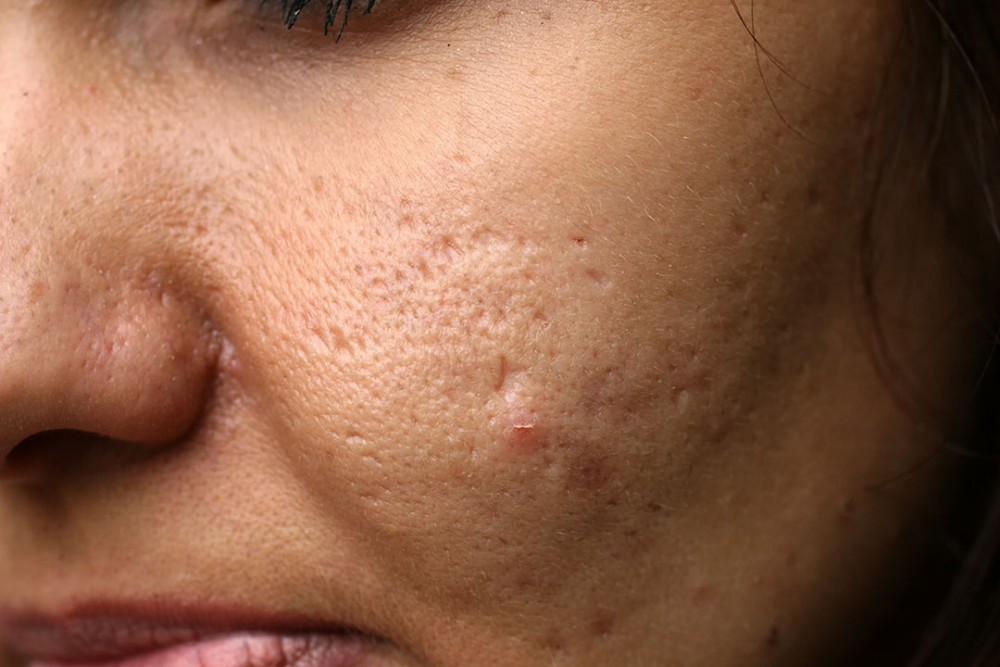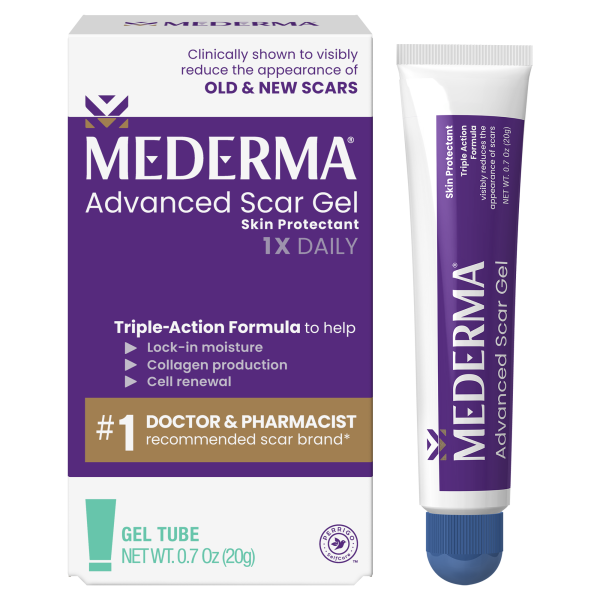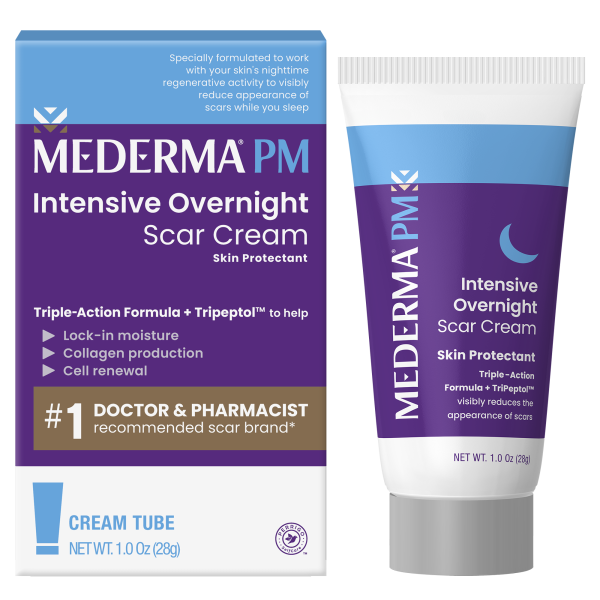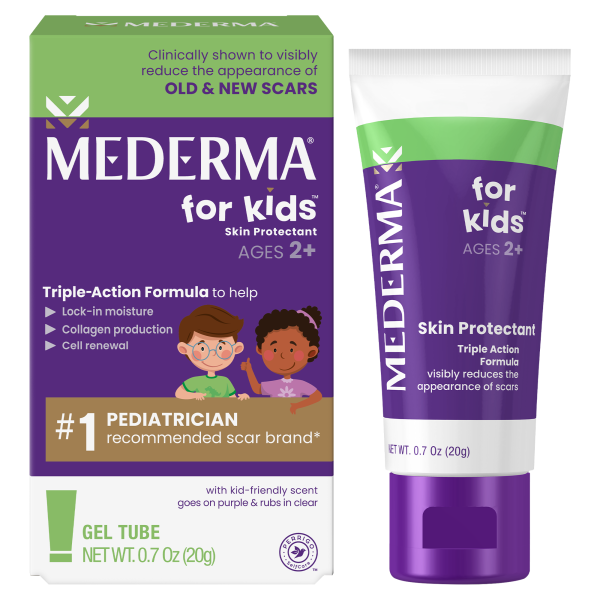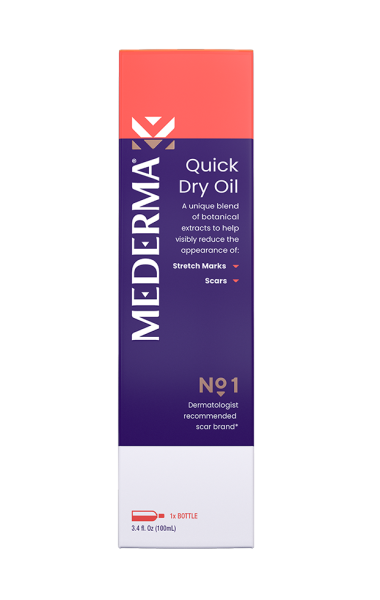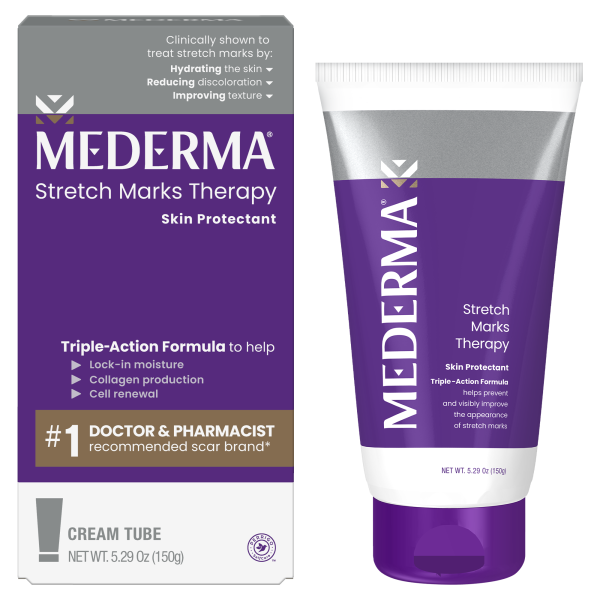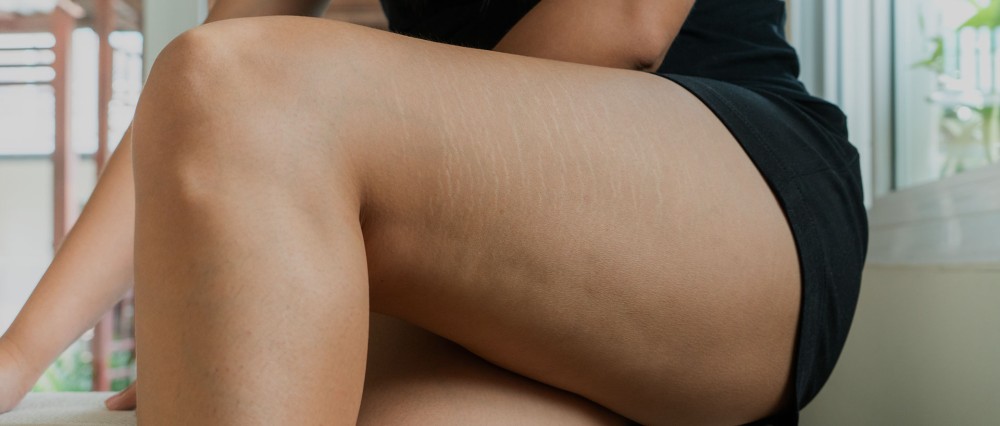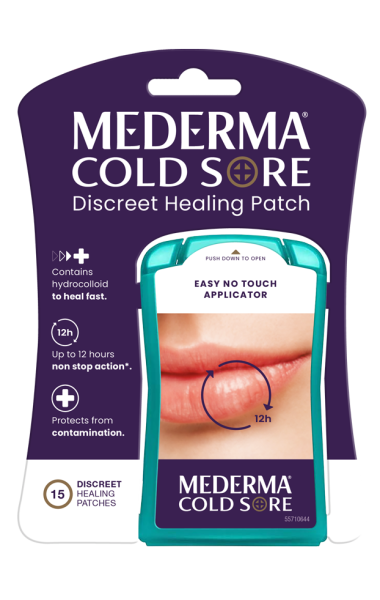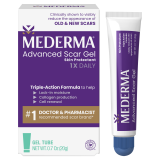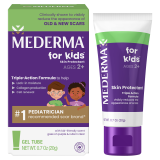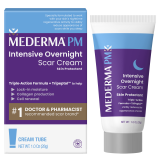Acne: a dreadful word for many teenagers. One of the most frequent skin conditions across the globe, acne, aka “acne vulgaris” in Latin, is called “common” for a reason.
- Acne can develop in the form of pimples, blackheads, whiteheads
- Our faces, necks, chests and backs can all be affected by acne.
- Even when treated properly, our skin may be prone to scarring due to acne.
In this article:
- What is acne and what causes acne scars?
- How can you prevent acne scars?
- Treatment for acne scars
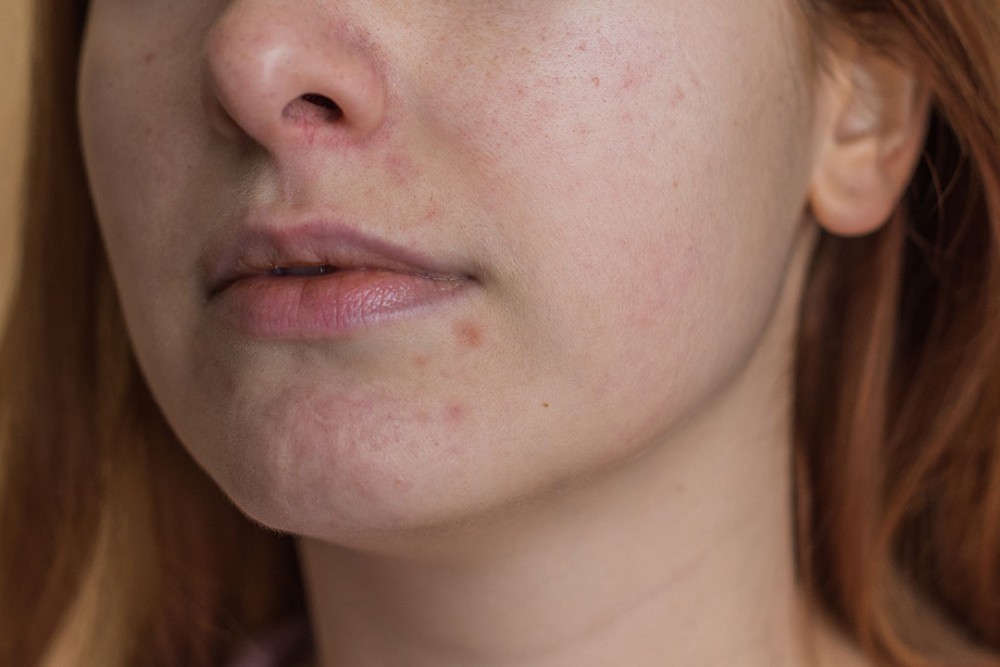
Acne is a common skin condition. It is, in fact, one of the top three skin conditions that affects around 85% of young adults, especially in Western Europe or North America [1,2]. The prevalence of acne is on the rise, and the scientific community is unable to determine its cause and it could be due to environmental factors or earlier onset of puberty.
The medical definition of acne is “chronic inflammatory disease of the pilosebaceous unit resulting from androgen-induced increased sebum production, altered keratinization, inflammation and bacterial colonization of hair follicles by Propionibacterium acnes”.[3]
In simple words, acne is caused due to an excess of sebum (oil) in the hair follicles and is the reason why acne occurs mostly on the face, neck, chest, and the back where the density of sebaceous gland and hair follicle is high.
This excessive oil production is driven by hormones, which is why acne affects about all adolescents during a period when their hormonal levels are skyrocketing. For example, your skin type may be a predictor of acne since naturally oily skin is more prone to severe acne. Severe acne is also common in boys and men, not just in girls and women [4].
It is thought that factors such as skin hygiene, diet (food such as chocolate), sunlight or stress could cause acne outbreaks. However, there is limited scientific or medical evidence to support or refute these claims [5].
As acne starts healing, scarring can occur. If you have inflammatory or cystic acne (swollen, red, and painful), you are more at risk of developing acne scars as this tends to affect the deeper tissue [6]. So, it is important to remember that the longer you wait before treating your inflammatory acne, the greater the risk of scarring. So, act fast if you are affected by it.
As for acne scarring in general, all men and women are not similar when it comes to the likelihood of developing scars. But it has been shown that if you have a family member with acne scars you are more likely to develop them[2]. The vast majority (around 90%) of acne scars are atrophic, i.e., pitted, depressed scars resulting from the loss of collagen fibers in the underlying tissue of the skin. Atrophic scars harbor different shapes (boxcar, icepick, rolling, from left to right in the pictures below)[7] and it is quite common to have more than one type of atrophic scars on the affected areas.
Although rarely, acne can cause several other uncommon types of scars including hypertrophic and keloid scars. It is known that a darker skin tone may influence the occurrence of these types of scars and affect African American and Asian people more frequently than Caucasians [8]. If you want to learn more about the differences between scar types, check out our page on scar care 101.
